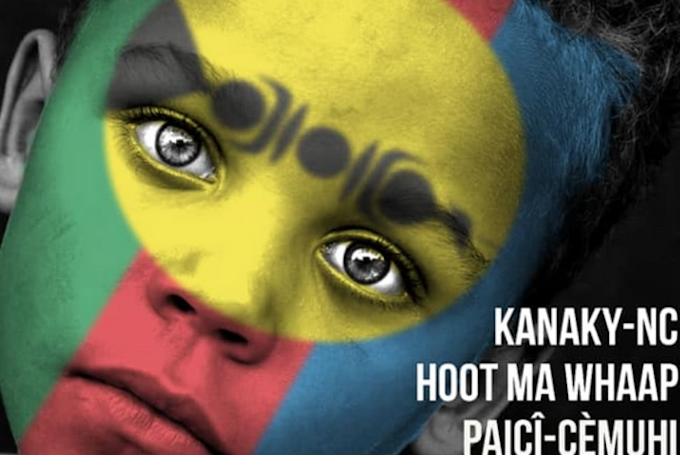
New Caledonia’s pro-independence FLNKS movement is holding its congress this weekend to prepare its position for the bilateral talks scheduled with French Interior Minister Gerald Darmanin.
The minister is due in Noumea next week to resume discussions on a new statute for New Caledonia after the rejection of full sovereignty in three referendums.
A senior member of the Caledonian Union, Dominique Fochi, told local television there have been divergent proposals from the different parties making up the Kanak and Socialist National Liberation Front (FLNKS).
But he said there was so much at stake that there was no room for dissonant voices.
One of the parties, the Caledonian Union, has said negotiations with France are only worthwhile if they deal with the emancipation of the country.
This weekend’s 41st congress in Noumea will also host several international independence supporters, notably a pro-independence party in Spain’s Basque Country and the French Guiana nationalist MP Jean-Victor Castor.
New Caledonia has been on the UN Decolonisation List since 1986, based on the indigenous Kanak people’s internationally recognised right to self-determination.
Earlier this week, New Caledonia’s anti-independence parties walked out of a meeting at the French High Commission in Noumea to discuss the electoral rolls for next year’s provincial elections.
Under the Noumea Accord voting is restricted to Kanaks and those who have been residents in the territory since 1998.
The Accord expired after the three referendums in which a majority voted against New Caledonia attaining full sovereignty, although the last one, in December 2021, was boycotted by the Kanaks.
The anti-independence leaders said that by next year the roll must be opened either for those who had lived in New Caledonia for at least three years or for everyone.
They said they would refuse any further discussions on the basis that the roll remained restricted.
Pro-independence parties insist the roll is defined in the Noumea Accord and an irreversible provision enshrined in the French Constitution.
Meanwhile, a leading anti-independence politician has insisted the territory could never become independent unless all three provinces wanted it.
Sonia Backes, who is the president of the Southern Province, said independence could not be achieved because most voters in her province were against it.
After the referendums concluded the Noumea Accord process with the rejection of full sovereignty, a new statute needs to be put in place.
The anti-independence side wants New Caledonia to become an integrated state within France and be recognised as such in the constitution
Fuel blockage in Wallis and Futuna ends
In Wallis and Futuna, a week-long fuel depot blockage has ended after it crippled Wallis island’s transport services.
Wallisians in the village of Halalo claimed Total Energies failed to respect a 15-year-old indigenous land use agreement and cut off access to a company depot last Friday.
Petrol stations in the territory have been limiting their fuel sales causing traffic jams — a rare sight on Wallis.
The disruption also affected local businesses and schools and several interisland flights between Wallis and Futuna had been cancelled.
The islanders rely on generators for their electricity and there were huge concerns the dispute could result in a total power blackout.
This article is republished under a community partnership agreement with RNZ.













































